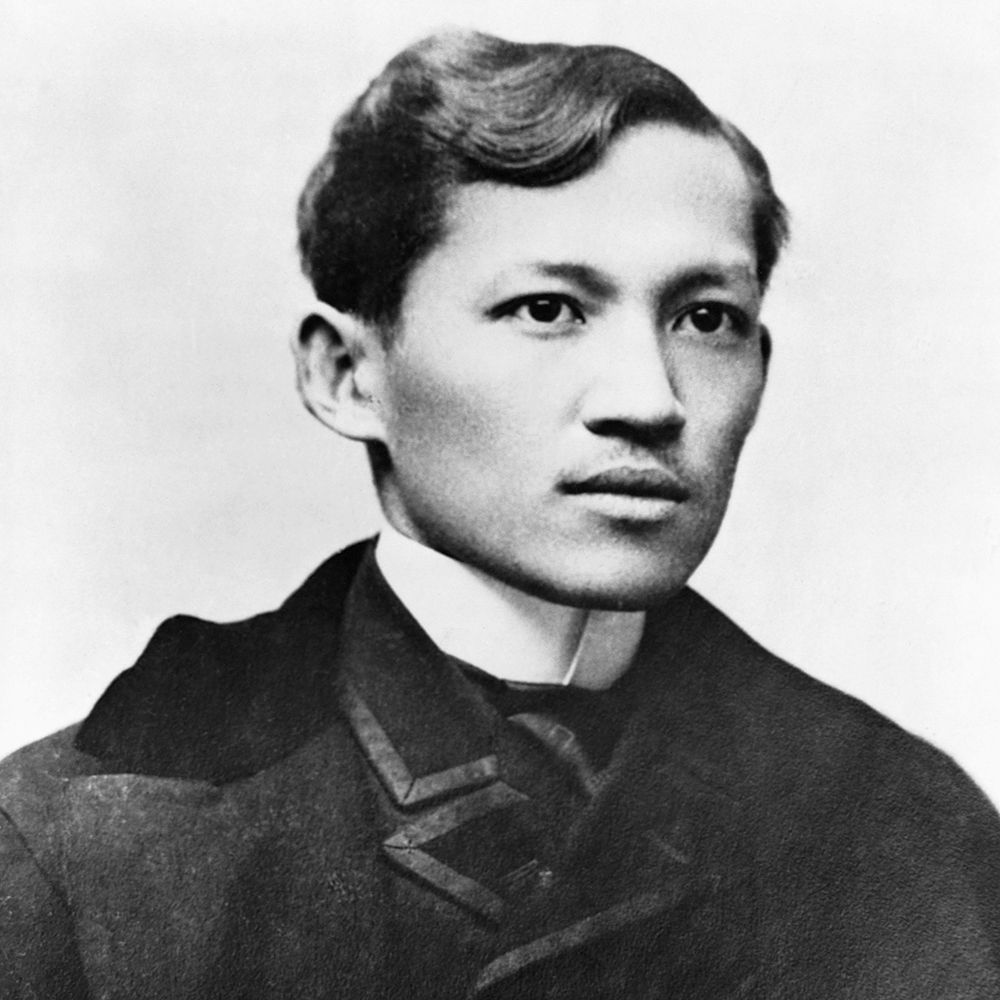You are viewing the article José Rizal at Tnhelearning.edu.vn you can quickly access the necessary information in the table of contents of the article below.

(1861-1896)
Who Was José Rizal?
While living in Europe, José Rizal wrote about the discrimination that accompanied Spain’s colonial rule of his country. He returned to the Philippines in 1892 but was exiled due to his desire for reform. Although he supported peaceful change, Rizal was convicted of sedition and executed on December 30, 1896, at age 35.
Early Life
On June 19, 1861, José Protasio Rizal Mercado y Alonso Realonda was born in Calamba in the Philippines’ Laguna Province. A brilliant student who became proficient in multiple languages, José Rizal studied medicine in Manila. In 1882, he traveled to Spain to complete his medical degree.
Writing and Reform
While in Europe, José Rizal became part of the Propaganda Movement, connecting with other Filipinos who wanted reform. He also wrote his first novel, Noli Me Tangere (Touch Me Not/The Social Cancer), a work that detailed the dark aspects of Spain’s colonial rule in the Philippines, with particular focus on the role of Catholic friars. The book was banned in the Philippines, though copies were smuggled in. Because of this novel, Rizal’s return to the Philippines in 1887 was cut short when he was targeted by police.
Rizal returned to Europe and continued to write, releasing his follow-up novel, El Filibusterismo (The Reign of Greed) in 1891. He also published articles in La Solidaridad, a paper aligned with the Propaganda Movement. The reforms Rizal advocated for did not include independence—he called for equal treatment of Filipinos, limiting the power of Spanish friars and representation for the Philippines in the Spanish Cortes (Spain’s parliament).
Exile in the Philippines
Rizal returned to the Philippines in 1892, feeling he needed to be in the country to effect change. Although the reform society he founded, the Liga Filipino (Philippine League), supported non-violent action, Rizal was still exiled to Dapitan, on the island of Mindanao. During the four years Rizal was in exile, he practiced medicine and took on students.
Execution and Legacy
In 1895, Rizal asked for permission to travel to Cuba as an army doctor. His request was approved, but in August 1896, Katipunan, a nationalist Filipino society founded by Andres Bonifacio, revolted. Though he had no ties to the group and disapproved of its violent methods, Rizal was arrested shortly thereafter.
After a show trial, Rizal was convicted of sedition and sentenced to death by firing squad. Rizal’s public execution was carried out in Manila on December 30, 1896, when he was 35 years old. His execution created more opposition to Spanish rule.
Spain’s control of the Philippines ended in 1898, though the country did not gain lasting independence until after World War II. Rizal remains a nationalist icon in the Philippines for helping the country take its first steps toward independence.
QUICK FACTS
- Name: Jose Rizal
- Birth Year: 1861
- Birth date: June 19, 1861
- Birth City: Calamba, Laguna Province
- Birth Country: Philippines
- Gender: Male
- Best Known For: José Rizal called for peaceful reform of Spain’s colonial rule in the Philippines. After his 1896 execution, he became an icon for the nationalist movement.
- Industries
- Science and Medicine
- Journalism and Nonfiction
- World Politics
- Astrological Sign: Gemini
- Schools
- University of Madrid
- University of Heidelberg
- University of Santo Tomas
- Nacionalities
- Spanish
- Filipino
- Death Year: 1896
- Death date: December 30, 1896
- Death City: Manila
- Death Country: Philippines
Fact Check
We strive for accuracy and fairness.If you see something that doesn’t look right,contact us!
CITATION INFORMATION
- Article Title: José Rizal Biography
- Author: Biography.com Editors
- Website Name: The Biography.com website
- Url: https://www.biography.com/political-figures/josé-rizal
- Access Date:
- Publisher: A&E; Television Networks
- Last Updated: May 3, 2021
- Original Published Date: April 2, 2014
QUOTES
- [C]reative genius does not manifest itself solely within the borders of a specific country: it sprouts everywhere; it is like light and air; it belongs to everyone: it is cosmopolitan like space, life and God.
- What is the use of independence if the slaves of today will be the tyrants of tomorrow?
- Tomorrow at seven, I shall be shot; but I am innocent of the crime of rebellion. I am going to die with a tranquil conscience.
Thank you for reading this post José Rizal at Tnhelearning.edu.vn You can comment, see more related articles below and hope to help you with interesting information.
Related Search:



